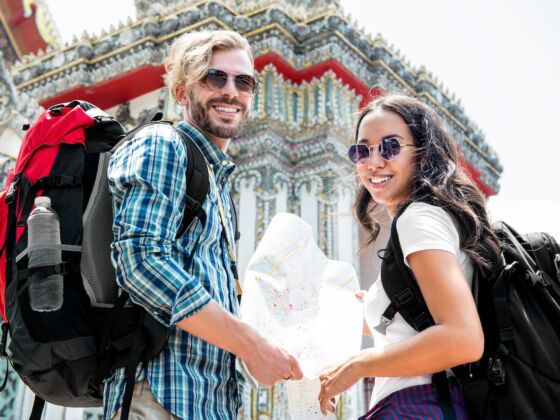Let’s say you have 20 minutes. You sit down in the middle of a room and tune into the silence. You’re aware of the slightest sounds.
Then…you start speaking your first name out loud.
You play with the different sounds of the word that is your name. Lengthen the vowels. Stress the syllables. Maybe even imagine the word as if it hovers in the air in front of you.
